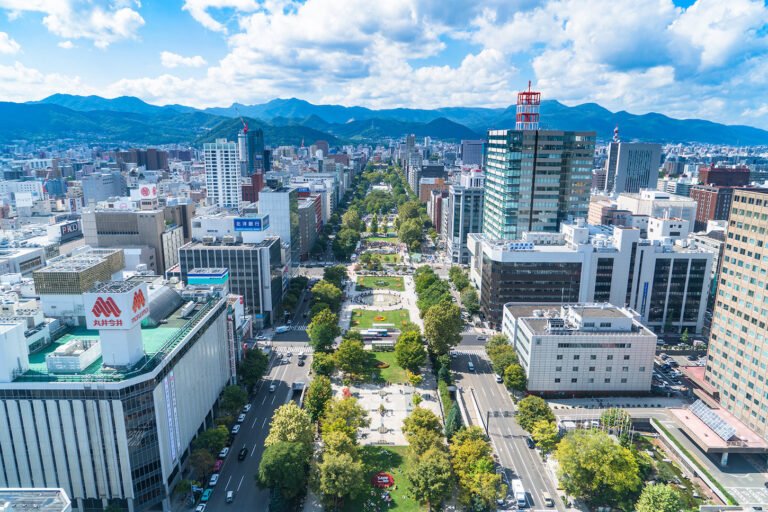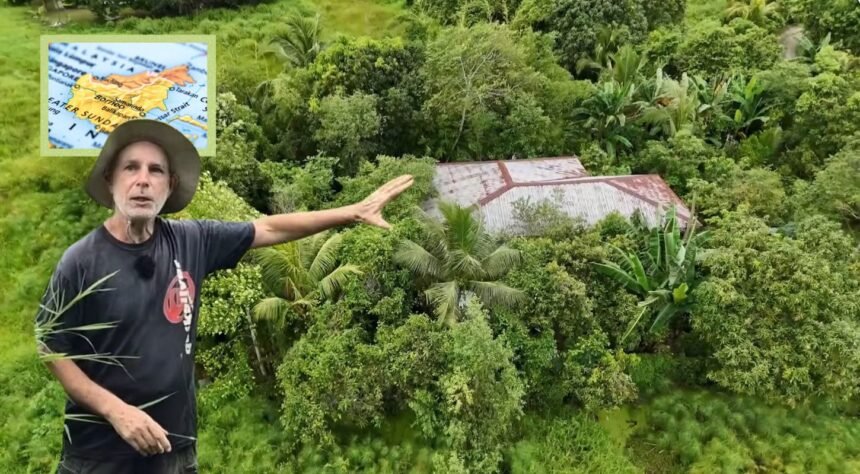Current trends suggest most Asian countries are unlikely to meet future biodiversity targets on Protected Areas
Asia as a continent has very high conservation value, ranking as one the richest places on earth for the diversity of living forms, having seven biodiversity hotspots, high levels of endemic species, and some of the most fascinating strong character animals – all living alongside with 60% of the world’s human population. Protected and Conserved Areas are effective in safeguarding species and ecosystems globally and are therefore important in incorporating and maintaining tjhrough government enforced policies and multiple political targets for international conservation.

Image: NATURE. Percentage of Protected Areas in Asia 2020
The underachieving 2020 Aichi Biodiversity Targets – established by the 2011 UN Convention of Biological Diversity consisting of 20 specific targets to address and mitigate biodiversity loss across the globe – questions the feasibility in attaining the post-2020 Global Biodiversity Framework goal to protect 30% of the planet by 2030. Asia is the most underperforming continent globally, according to research article published in Nature.
‘REIMAGINING CONSERVATION IN ASIA: A NATURE POSITIVE FUTURE’.
IUCN Asia Regional Conservation Forum 3-5 Sep Thailand
Cohosted with the Ministry of Natural Resources and Environment Government of Thailand, and The International Union for Conservation of Nature (IUCN) Asia Regional Office (ARO), this event which is held every four years and serves as the leading platform for knowledge and partnerships in the region, bringing together key stakeholders in nature and biodiversity conservation.
UCN Asia will convene the 8th RCF to address key transformative directions and actions for achieving a nature positive future for Asia and the world. About 500 representatives of Union constituents, partners and supporters will gather for the three-day event in Bangkok, Thailand.
The International Union for Conservation of Nature (IUCN) Asia Regional Office (ARO) – established in 1980 with 12 regional offices – focuses on community enterprise development, conservation financing, green business initiatives, and private sector engagement.
Throughout Asia and the Pacific regions, numerous local communities and indigenous populations depend on forests for their sustenance. The IUCN plays a crucial role in supporting these communities and their livelihoods, and also enhancing marine and coastal resilience through restoration and adaptation efforts. Within this strategic framework, the IUCN focuses on community enterprise development, conservation financing, green business initiatives, and private sector engagement.
For over two decades, ARO has initiated and overseen regional, sub-regional and country programs, serving 23 statutory countries through its network of offices in 12 countries — Bangladesh, Cambodia, China, India, Lao PDR, Maldives, Myanmar, Nepal, Pakistan, Sri Lanka, Thailand and Viet Nam. Meanwhile IUCN is represented in Japan through the National Committee and in the Republic of Korea through the State Member’s Ministry of Environment.
In addition, IUCN has programmatic presence through Members and partners across Northeast, Southeast and South Asia. ARO also serves as service hub to the Oceania regional office.
REGISTRATIONS – IUCN Asia Regional Conservation Forum 3-5 Sep Thailand – HERE+












